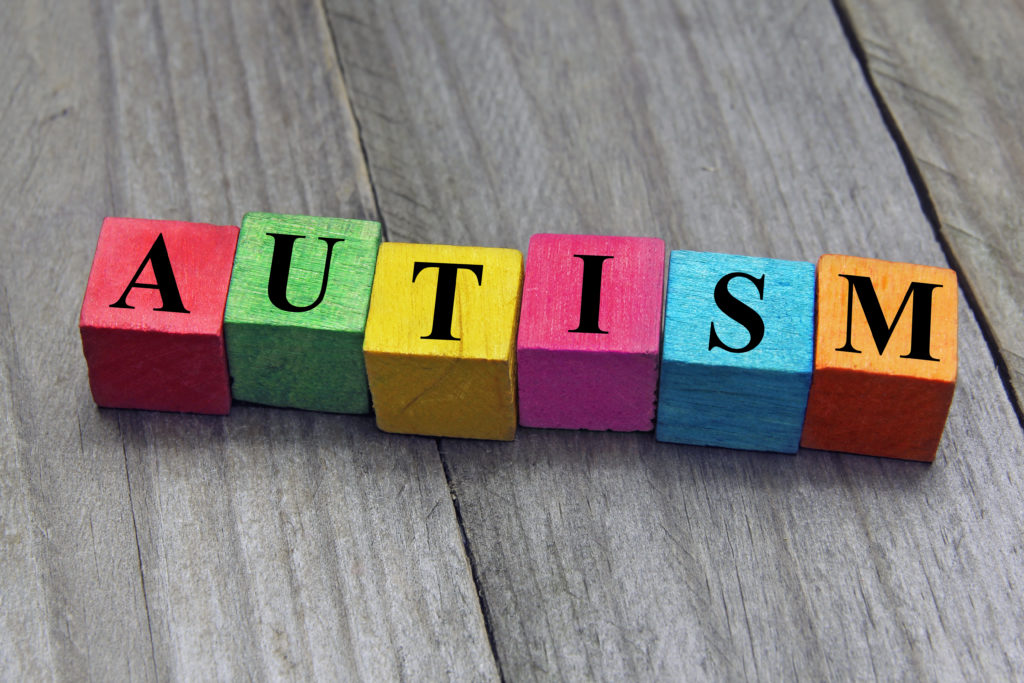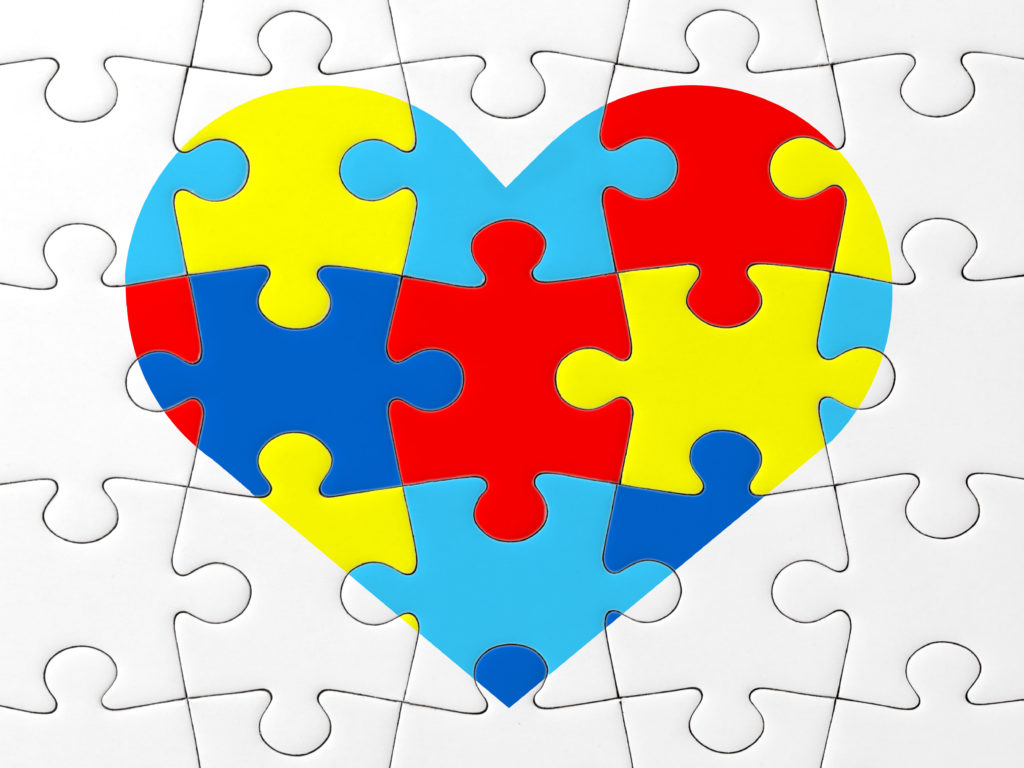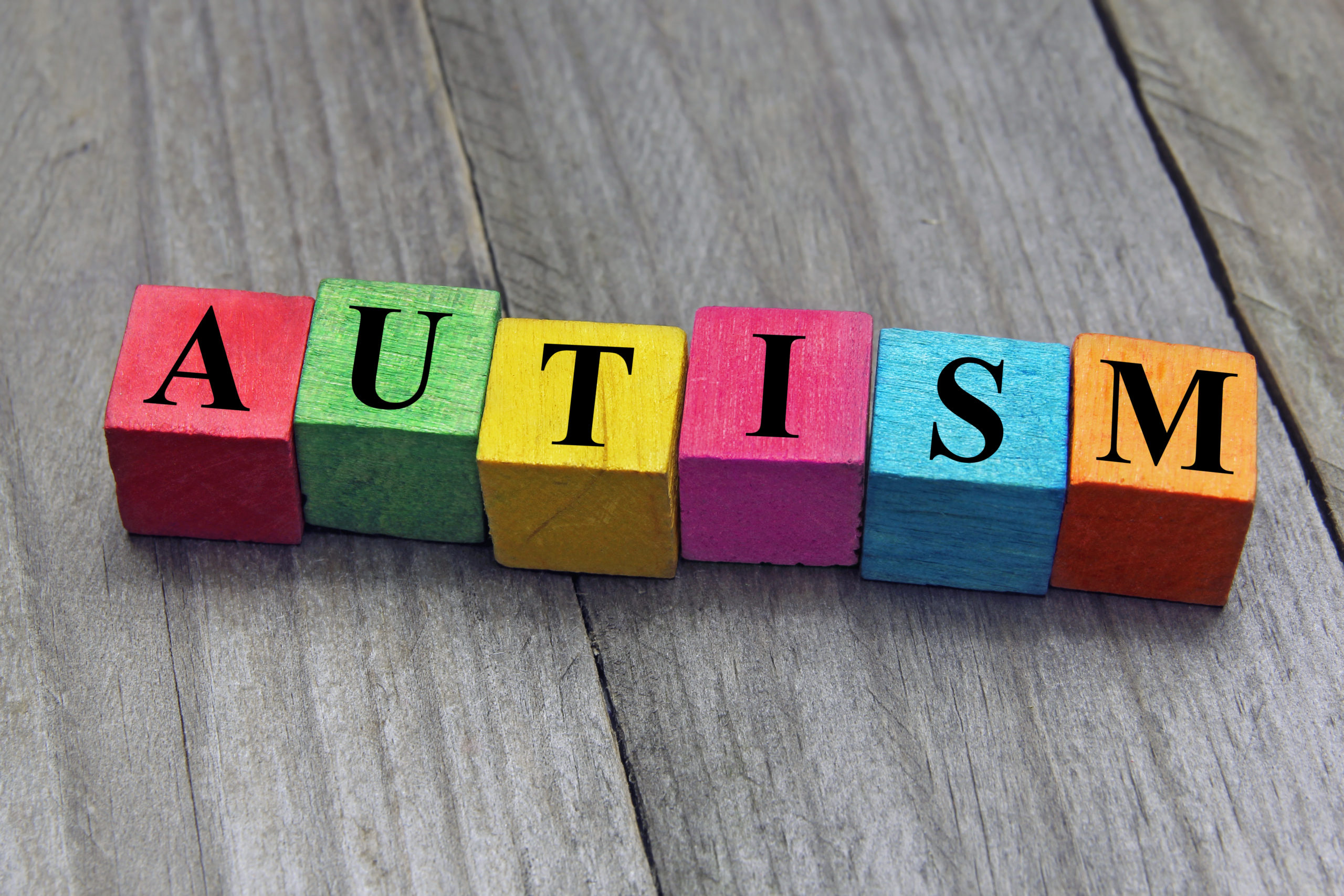Early Signs of Autism – What do Parents Need to Know?
What is autism?
Also known as an autism spectrum disorder, autism is a variety of conditions that affect the social skills, behaviors, and communication of affected individuals. As a spectrum disorder, it presents very differently, in terms of its symptoms and severity, in different individuals. The level of support an individual needs when living with autism depends on the severity of and the specific symptoms involved.
Autism usually becomes apparent in the toddler years, between the ages of 2 and 3. However, a diagnosis may be made as early as 18 months. An early diagnosis combined with early intervention is the key to improving the life outcomes of individuals on the autism spectrum.
In 2018 it was found that 1 in 59 individuals in the US have been diagnosed with autism. This prevalence rate continues to grow, as awareness about the disorder develops and both medical practitioners and parents are more aware of the early signs of autism.
Research is still ongoing into the exact causes of autism- but it has been linked with possible genetic, and environmental causes. It is a lifelong condition that can be managed but not cured.
What are the early signs of autism?
Autism, as a spectrum disorder, presents very differently in individuals. In some infants and children, the signs are very clear from a very young age, while others become more obvious as a child develops.
Some of the main signs of autism in infant and children:
| Age | Early signs of autism |
| 6 months | Lack of or limited eye contact, limited or lack of emotion including smiles and laughter |
| 9 months | Lack of or limited non-verbal communication- meeting smiles with a smile, responding to emotion in others through facial or physical gestures |
| 12 months | Lack of or limited response to their own name, lack or of limited non-verbal communication and social engagement, a lack of or limited interest in pointing out objects, sights to others, avoids eye contact |
| 16 months | Lack of or limited speech, doesn’t use or uses very few words, avoids eye contact, repetitive behaviors, repeated use of the same words |
| 24 months | Does not use two-word phrases or sentences, lack of or limited interest in imitating communication and speech avoids eye contact, resistance to minor changes in routine or environment, dramatic reactions to sensory stimuli (noises, smells, visual sights), chooses to play alone or to be isolated most of the time and shows no interest in social interaction with others |
*These guidelines are for reference only, if you suspect any signs of autism in your child, please contact a medical professional for a full evaluation and assessment.
What should I do if I identify some of the early signs of autism in my child?
Consulting with a medical practitioner is very important if you suspect early signs of autism in your child. The earliest diagnosis can be made is currently around 18 months, but this may vary depending on the severity and presentation of symptoms in a child.
Autism has also found to present differently in boys and girls, making a confirmed diagnosis tricky at times. Finding a medical practitioner who understands the disorder and the challenges related to a diagnosis is very important. Reaching out to autism support groups, for children and their families, is a good way to source information and recommendations for assessment and support.
Autism as a symptom
In some cases, autism is diagnosed as a symptom of a rare disease of a genetic syndrome. Rett syndrome, Fragile X syndrome, and Phelan-Mcdermid syndrome are just a few examples of genetic syndromes that have autism as a symptom. A diagnosis of autism may also trigger a need for further genetic counseling, analysis and testing to rule out a genetic or rare disease as a cause.









